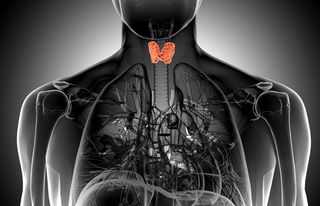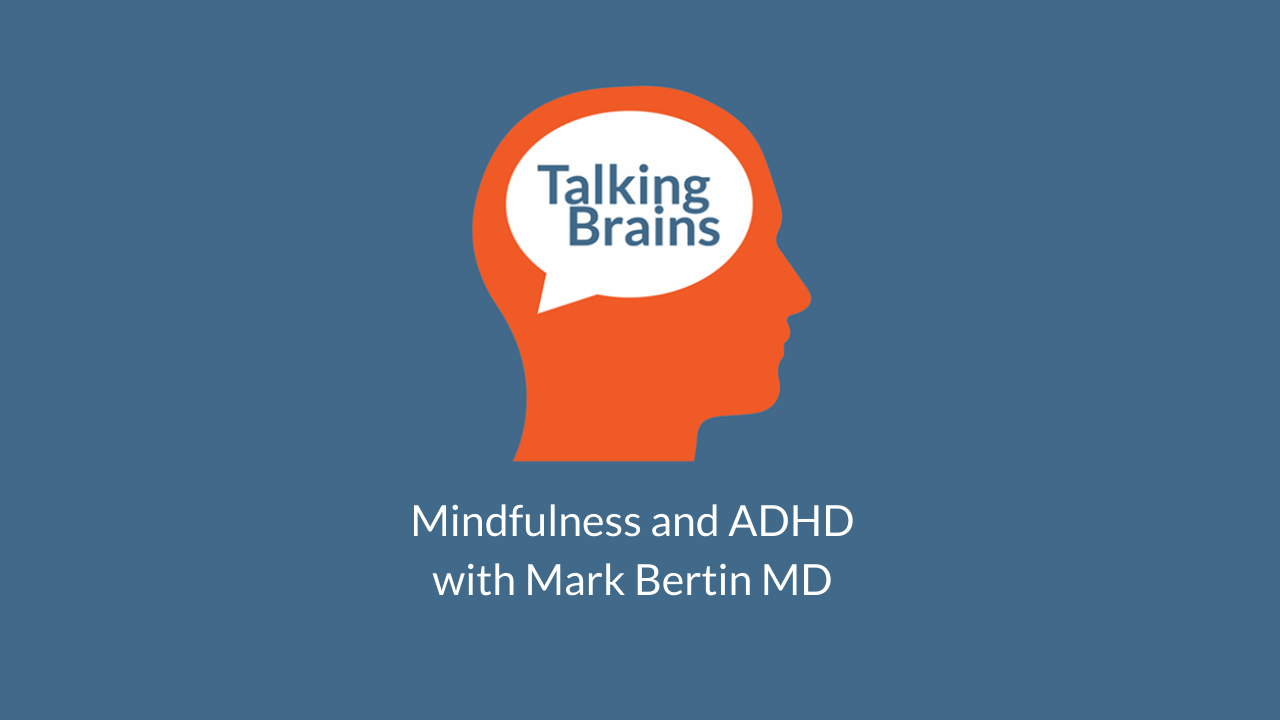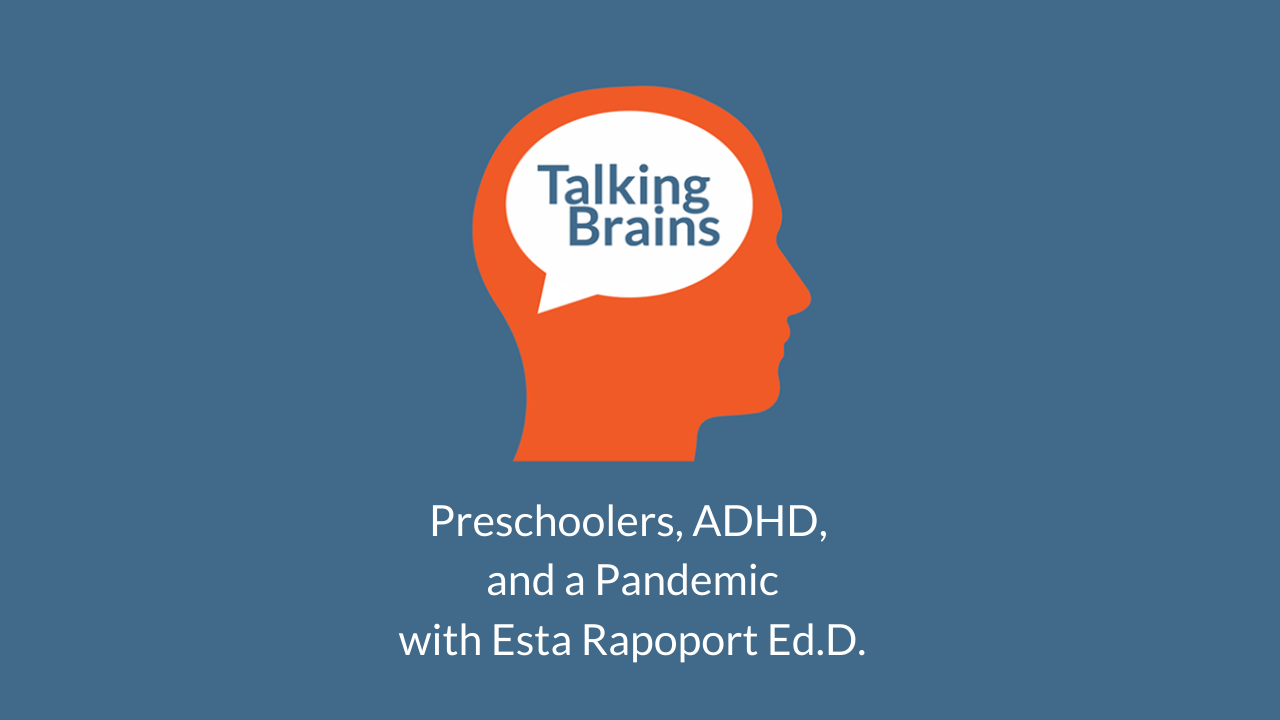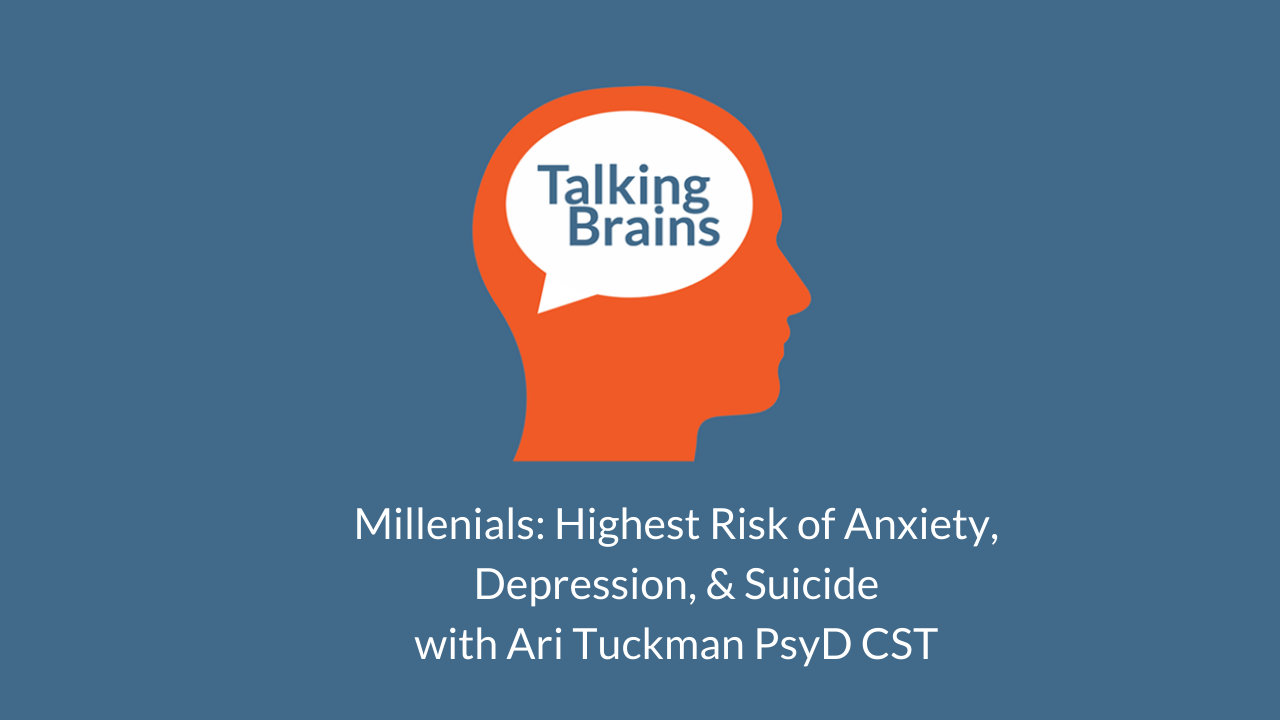Is It ADHD or a Thyroid Disorder?
Symptoms of ADHD and a thyroid disorder can be very similar. You may also be more likely to have a thyroid disorder when you have ADHD. Read on to find out more about both disorders.
What is ADHD?
ADHD stands for Attention Deficit Hyperactivity Disorder—a neurological, genetic, and biological disorder that affects 4.4 percent of the American population. It is inherited through the parent’s genes. ADHD usually begins to show obvious symptoms around age 12 and affects 10 to 11 percent of children. Although most kids cannot easily focus, those with ADHD have symptoms that continue onto adulthood and interfere with everyday life. Symptoms include inattention, hyperactivity, and impulsivity. In general ADHD often leads to a lack of motivation and ability to remain focus. It is a serious and very real disorder that includes a lack of necessary neurotransmitters for proper communication with the frontal area of the brain, trouble with planning, and cognitive functions.
What is a thyroid disorder?
Thyroid disorders are an increasingly prevalent obstacle in society today due to a rise in scientific findings as well as petrochemicals in the environment which influence chemicals in the body and the dysfunction of the gland at the base of the neck, the thyroid. The thyroid regulates metabolism by working alongside the pituitary gland to control essential hormones such as iodine and converting it to thyroxine and triiodothyronine. It releases T3 and T4 into the blood stream so they may transport throughout the body. Every cell in the body depends on thyroid hormones for regulation of metabolism, temperature, and energy. The thyroid cells are the only in the body which absorb iodine. Iodine is crucial for the metabolism of cells, converting food into energy, and creating thyroid hormones. Thyroid hormones administer metabolism, physical growth, strength, hunger, temperature, cardiovascular health, kidney functioning, reproductive system, and most importantly alters brain function.
How does the thyroid influence ADHD symptoms?
Brain chemical alterations by a thyroid disorder also impact ADHD symptoms. If the thyroid is not sending out proper cell signals, the body won’t function correctly and the brain will receive mixed signals, which will interfere with symptoms already existing in ADHD.
An article in Clinical Endocrinology stated, “Despite being within the normal range, high TSH concentrations are associated with a lower cognitive function, and high TSH and low free T4 with ADHD symptoms in healthy preschoolers” (Álvarez‐Pedrerol, et al. 2007). The study revealed when TSH records are at the top of the normal range, there is a correlation with the same learning disorders of those who have ADHD.
What does research say about the prevalence of having both?
It is unclear at this point how much your chances thyroid disorder increase when you have ADHD. Even if it is found there is a greater chance, it doesn’t mean ADHD causes the thyroid disorder, or vice versa. However, their symptoms are similar in various ways. Read more to find out the symptoms in common. See your doctor if you suspect you have a thyroid disorder or if you have a family history of thyroid issues.
Hypothyroidism and ADHD
Hypothyroidism is a type of thyroid disorder where a thyroid gland does not produce enough thyroid hormone. When you have both hypothyroid and ADHD you may suffer cloudy thinking, low blood pressure, extreme lack of short term and working memory, and possibly depression as your body is not sending enough neurotransmitters or processing the right hormones for proper metabolism functioning. The lack of motivation would most likely be extremely frustrating for someone with both of these disorders.
Hyperthyroidism and ADHD
Hyperthyroidism is the overproduction of a hormone made by the thyroid. Both hyperthyroidism and hypothyroidism have significant consequences on a body already impacted by ADHD, but when you have both hyperthyroidism and ADHD you may experience increased hyperactivity, inability to finish tasks, and increased hyper focusing.
Both ADHD and thyroid disorders delay human functions and influence one’s ability to succeed socially, at work, school, and more. You may need to look further into your symptoms as you could have an imbalance in brain chemicals, hormones, dysfunctional thyroid gland, or both – especially if you have a family history of thyroid disorders. Seek medical advice or counseling to help to regain more control of productivity, mental capacity, manage your symptoms, and live life to your full potential.
References:
Álvarez‐Pedrerol, M., Ribas‐Fitó, N., Torrent, M., Julvez, J., Ferrer, C., & Sunyer, J. (2007). TSH concentration within the normal range is associated with cognitive function and ADHD symptoms in healthy preschoolers. Clinical Endocrinology, 66(6), 890-898.
Thyroidal dysfunction and environmental chemicals–potential impact on brain development. – https://www.ncbi.nlm.nih.gov/pmc/articles/PMC1637839/
ADD, ADHD, and Thyroid – https://www.nahypothyroidism.org/is-it-add-or-your-thyroid/
Medical Scientists Find Link Between ADHD and Thyroid Conditions – http://www.cchrflorida.org/medical-scientist-find-link-between-adhd-and-thyroid-conditions/
Originally posted on Psychology Today: Is it ADHD or a Thyroid Disorder?
Copyright 2017 Sarkis Media – https://stephaniesarkis.com






